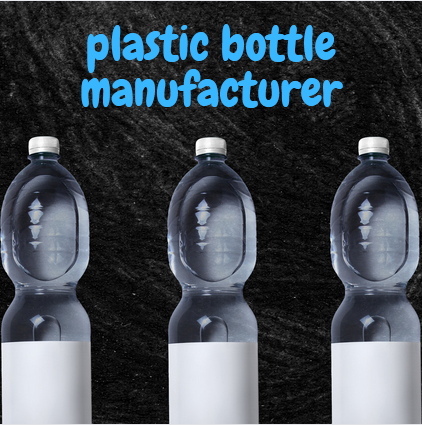The Government of Pakistan is not sincere towards the plastic companies in Pakistan. A recent report has found that the per capita consumption of plastics in Pakistan will increase to four kilograms by 2007. Moreover, there are a number of services provided by the plastics companies.
6000 Plastics Processors in Pakistan
Pakistan boasts of a booming plastics industry with some 6, 000 plastics processors on the ground. This is a feat in a country of 175 million, and the government is doing its best to support local industries, particularly SMEs. The industry is estimated to contribute a whopping 8 billion to the national exchequer annually.
A pyrolysis plant in Pakistan is one way to reduce pollution in an environmentally sound manner. Although the concept is new, it aptly demonstrates the need for a responsible attitude towards waste. It's also an indication of the potential for further expansion of the industry in the near future.
The first plastics show in Pakistan took place in May of last year. There are a few more slated for the coming months. In addition, a few foreign exhibitors are looking at the opportunity as a stepping stone to their home markets.
Plastics processing is one of the oldest industrial sectors in the country. Even in 1947, when the nation was created, a small handful of plastics processors were making the occasional household utensil on a hand molding machine. But the industry really started to take off with the introduction of cheap labour and cheap secondhand machines.
Various Services Offered By Plastics Companies
Various services offered by plastic companies in Pakistan include injection molding, sampling, tool launching, and high volume production. These services are required for successful plastic manufacturing. Besides, the industry needs pro-active support during the entire project.
Plastic recycling is an ongoing process in Pakistan. The country has joined the Global Plastic Action Partnership (GPAP) that includes several nations, including Nigeria and Indonesia. The country is working to eliminate plastic pollution through a five-year plan that will increase the recyclability of plastic waste. It also plans to boost the credibility of data collection.
In November, the Clean Green Pakistan Index was launched. This index includes 35 performance indicators that target improvements in sanitation services and governance. Currently, 70% of Pakistan's plastic waste is mismanaged. Nevertheless, the country is committed to developing innovative solutions to this problem. Pakistan is working to build a solid waste management system. Some major cities plan to build proper landfill sites. However, poorer neighborhoods are still grappling with trash on their own.
Per Capita Consumption of Plastics Expected To Increase To 4.0 Kgs By 2007
The plastics industry in Pakistan has taken great strides in the past few years. Currently, it accounts for about 8 billion dollars annually in national exchequer. However, the country is far from eliminating the issue of plastic waste. Approximately 70% of the nation's plastic waste is mismanaged.
The government of Pakistan is taking steps to minimize the impact of plastic pollution. It has established Extended Producer Responsibility (EPR) as a way to tackle the problem. Besides, it is also planning to implement innovative plastic waste minimization strategies.
There is a huge potential for the development of the plastics industry in the country. For instance, there are a total of 6,000 plastics processors in the country. In addition to producing goods and packaging products, these companies contribute to the national exchequer through taxes and sales. The industry in Pakistan is divided into two groups - the organized sector and the unorganized sector. Both sectors have the capacity to produce quality products.
Government's Lack of Sincerity towards Plastics Companies
A coalition government led by Imran Khan announced a ban on disposable plastic bags in Saidpur, a town in Pakistan's Sindh province. While this is a good step in the right direction, it doesn't address the causes of plastic waste. Plastic bags are a major source of pollution in Pakistan. The ban will take effect on August 14, and residents will be fined for using plastic bags. In addition to the cost of the bag, the government will also fine businesses for distributing them.
The ban has caused some confusion among locals. Many have attributed it to the lack of information they have had about it. There have been notices in newspapers and on social media. However, police have not been able to enforce the ban. Government officials should provide more information to the public. They should explain the reasons for the ban and the benefits of alternatives, such as cloth bags.
In a bid to address wholesale plastic waste, Pakistan is developing a five-year plan. The plan will focus on minimizing plastic waste and increasing re-use of plastics. It will be implemented through a series of operational changes, including increased recycling and new revenue generation avenues.

